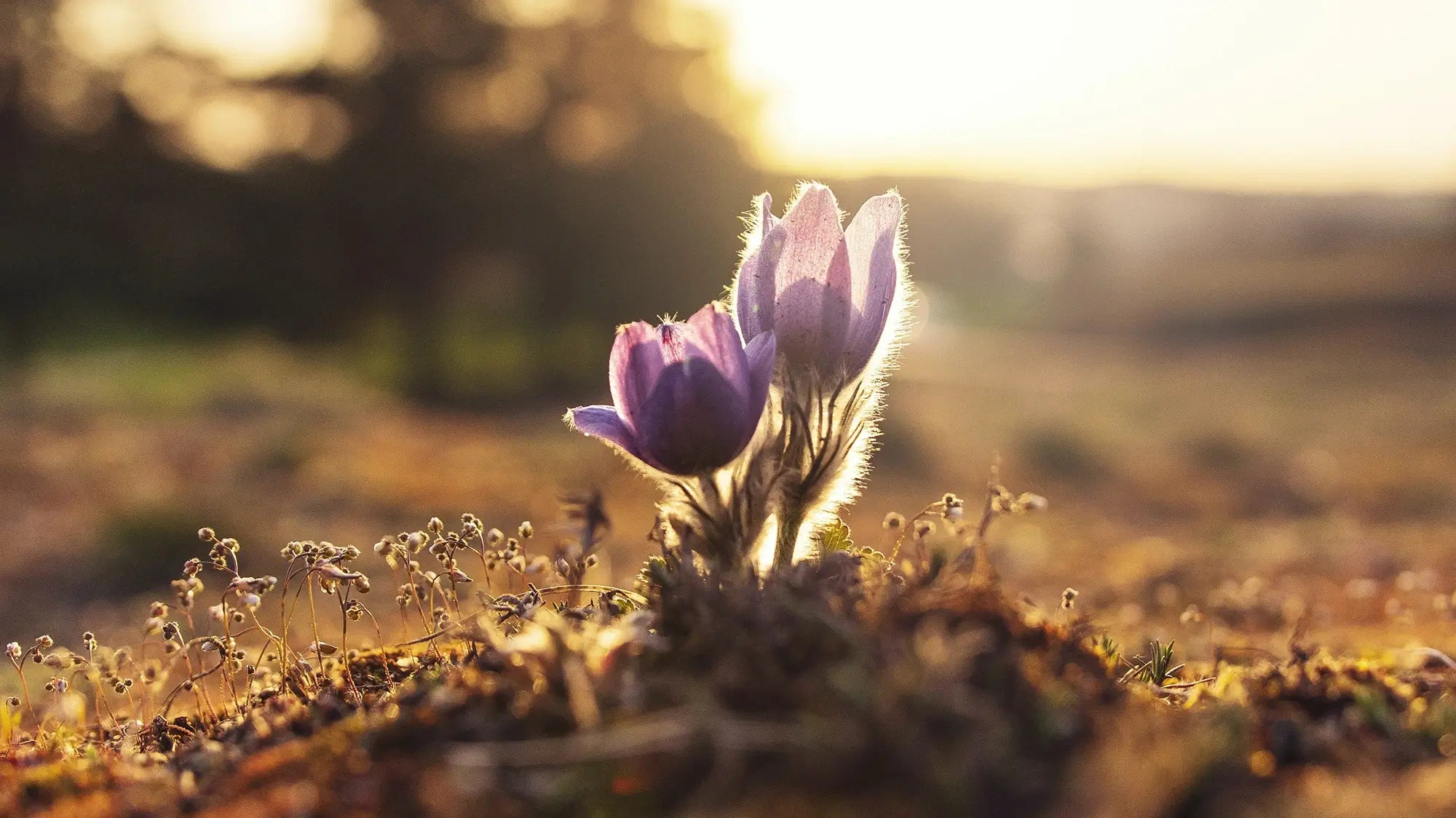
Harnessing the Transformative Power of Nature
Curtis BradshawWhen we’re overworked and stressed, many of us seek out being in nature to re-center ourselves and find balance. If you’ve ever wandered through a forest, under a canopy of towering trees, and sensed a noticeable feeling of calmness come over you, you’re not alone. It's a common phenomenon, both mystical and scientific, in its transformative effects. Let's unpack how to connect and restore a sense of rejuvenation with mother earth.
History Behind the Transformative Power of Nature
Some see nature as healing because of Earth’s pulsing electromagnetic frequency, and the human body is fully conductive. Every cell in our body becomes grounded whenever we interact with the earth. Studies on earthing show that when we are connected to the Earth's energy, our bodies, including everything from our brain waves and muscle tension to our heartbeat, respond in a stimulating way.
Ways to Harness the Transformative Powers of Nature
Go on a Hike
If you are lucky enough to live by trails, then try to go every week. You can substitute by walking in a park or tree-lined pedestrian area. Just remember to always wear sunscreen to protect your skin against the sun's UV rays. To add some skin-nurturing care to your hiking trip, you can pair your sunscreen with Tru Alchemy’s Glow Serum. Rich in activated vitamin C, naturally-derived bakuchiol, and white shiitake + licorice root to help with dark spots, Glow Serum is the perfect complement to how you’ll feel the day after your hike — rejuvenated and glowing!
Bathe Among the Trees
In Japanese, shinrin means “forest,” and yoku means “bath.” Shinrin-yoku means bathing in the forest or trees and taking in the forest ambiance.

Japanese researchers sought to study the therapeutic benefits attained when people spend time in nature. They were inspired by the Forest Agency of Japan, which began advising people to take strolls in the woods for better health. The practice was called forest bathing, or shinrin-yoku, and it was believed to lower stress. Since then, it has been shown that spending time in nature can benefit the body.
One study found that people walking in a cedar forest had lower levels of the stress hormone cortisol, which has a supportive effect on the immune system. One reason is that trees and plants emit aromatics called phytoncides that, when inhaled, are like aromatherapy.
Practice Grounding
Just like you would when practicing your skincare ritual, mindfulness is a grounding technique to anchor oneself in the current moment. Nature-focused mindfulness like this can help reduce everyday stress while also strengthening your connection with your natural surroundings.
To try it, first, find a spot outdoors. Relax and become aware of your body by breathing slowly and deeply. Then, begin a deep observation of the environment around you. An easy way to practice grounding is to implement all five senses. This practice can be done anywhere but is especially beneficial outdoors.
Sight: Take in the lush density of the forest by gazing at the landscape and scenery. You can start low and take a moment to observe the ground below and move up toward the tree tops in view.
Smell: Inhaling the scents of wooded areas. Take time to identify the green earthy scent as pine or moss or ocean. The sense of smell is the key element of forest bathing because of the effect of phytoncides, aka the aroma of the forest.
Hearing: Deeply listen to the sounds and silence of the forest. Count how many birds you hear chirping, and listen to the wind rustling the leaves.

Touch: Touching trees with your hands to connect to a calming life force. Simply taking off your shoes to walk on the ground or reaching out to touch a tree with your bare hand can help you connect with nature’s energy.
Taste: Tasting the fresh air in the forest. You can also learn how to become a forest forager and create an alchemy of tonics, syrups, and snacks from the vast amount of things that are edible in the wild. Just use caution and be well versed in identifying the organic items first.
Foraging
Foraging reconnects us with our surroundings. Once you can identify plants and appreciate their culinary value, you are left with deep awe and respect for the plants, the fungi, and the algae. Tapping into the ancient instinct to forage is a direct route to an appreciation for the outdoors.
As we walk slowly through the forest, seeing, listening, smelling, tasting, and touching, we bring our rhythms into step with nature.
Take Away
When you leave technology behind, you’ll find that we are part of the natural world.
Given the state of the world, perhaps there’s never been a better time to set aside any hesitation and touch that tree or listen to the waves, to heal ourselves, and perhaps heed the urgency to heal our earth.



